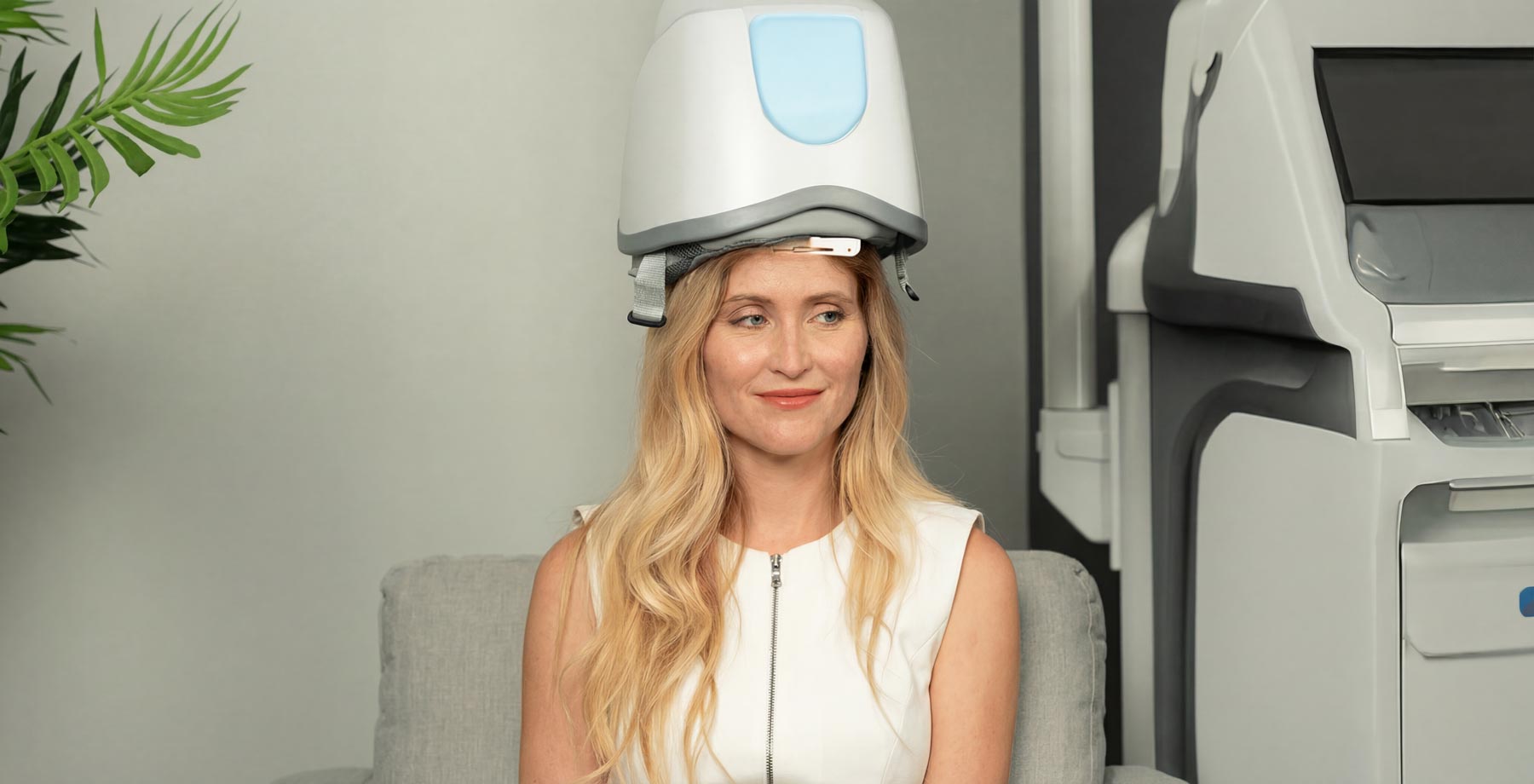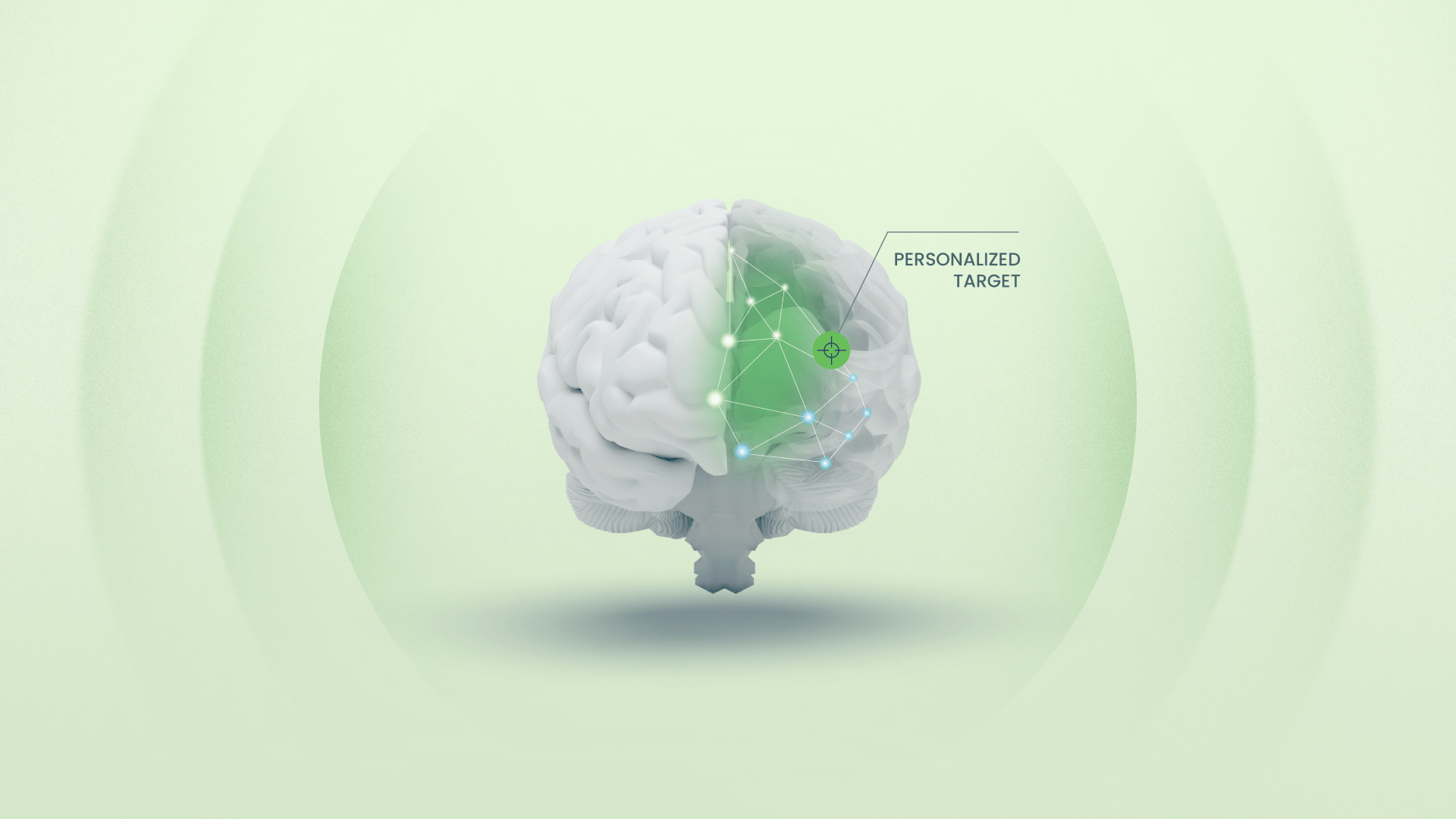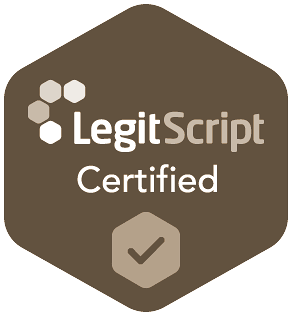What is TMS?
Transcranial Magnetic Stimulation


Transcranial Magnetic Stimulation (TMS) has FDA clearance for treating depression, OCD, and smoking cessation with growing evidence supporting its effectiveness for numerous other mental health and neurological conditions. We offer customized protocols to target specific brain areas based on individual symptoms and needs.
What TMS Can Treat
TMS has FDA approval for treating depression with growing evidence supporting its effectiveness for numerous other mental health and neurological conditions, with treatments customized to target specific brain areas based on individual symptoms and needs.
Mental Health
- Major depression (FDA Cleared)
- OCD (FDA Cleared)
- PTSD
- Postpartum depression
- Bipolar depression
- Schizophrenia
- Addiction
Physical Health
- Smoking cessation (FDA Cleared)
- Migraines
- Chronic pain
- Parkinson's Disease
- Stroke recovery
Results
TMS delivers measurable results for a wide range of conditions- especially when other treatments have disappointed.
86%
Sustained improvement or remission in depression after one year.
60–80%
Complete remission from depression following TMS.
58%
Response in OCD after completing TMS.
Validated for OCD
TMS is one of the most effective and cost-efficient OCD treatments available.
Safe for Bipolar
Helps reduce depressive symptoms with a lower risk of triggering mania.
Insurance & Cost
Most insurance plans cover traditional TMS, and some may also cover newer forms like accelerated TMS if certain criteria are met.
Insurance typically covers TMS for individuals with major depressive disorder who haven’t responded to multiple antidepressants. Coverage varies, but common requirements include:
- A diagnosis of major depression
- Failure to improve after trying 2–4 antidepressants
- Evidence of psychotherapy, either completed or ongoing
- No history of seizures or certain neurological conditions
Some insurers now consider covering accelerated if traditional treatment was unsuccessful, but this depends on the specific plan and medical necessity.
Types of TMS
TMS can be delivered in different ways depending on your needs. Traditional TMS is the most common. Accelerated TMS condenses treatment for faster and often stronger results—especially in treatment-resistant depression.
- Accelerated TMSTraditional TMS
- FrequencyThe most robust protocol available with multiple sessions per day (typically 5-10 per day).Typically 1-2 session per day.
- DurationCondensed into a few days (5 or 10 days based on patient schedule), for 50 total sessions.Lasts 3 to 4 weeks, for 36 total sessions.
- Session timeShorter bursts, often under 10 minutes per sessionShorter bursts, often under 10 minutes per session
- Use caseAimed at providing incredibly rapid symptom relief, also particularly effective in severe cases such as treatment-resistant depression and anxiety.Designed for a slower, gradual therapeutic effect and for individuals with less schedule flexibility.
- InsuranceMost insurances cover only a portion of accelerated TMS, so hybrid or self pay is the most common arrangement.Most insurances cover a full course of Traditional TMS.
SAINT® TMS
SAINT® is an advanced, accelerated program of delivering TMS. It uses brain scans (fMRI) to personalize the exact target in the brain in just 5 days. Insurance coverage is evolving, and we will work with your to understand your health plan’s coverage.

Frequently Asked Questions
Resources
Find clear, research-backed guides on TMS to learn how it works, what it treats, and how insurance may help cover it.
What Is TMS Therapy? Benefits, Side Effects, and Results
Learn how TMS uses targeted magnetic pulses to treat depression, OCD, and more—plus what sessions feel like, who it’s for, and how quickly it can work.
.png)


Take the first step and talk to a care navigator.
Your care navigator will explain the process, discuss insurance and costs, and connect you with a clinician to explore today’s most advanced mental health treatments.


